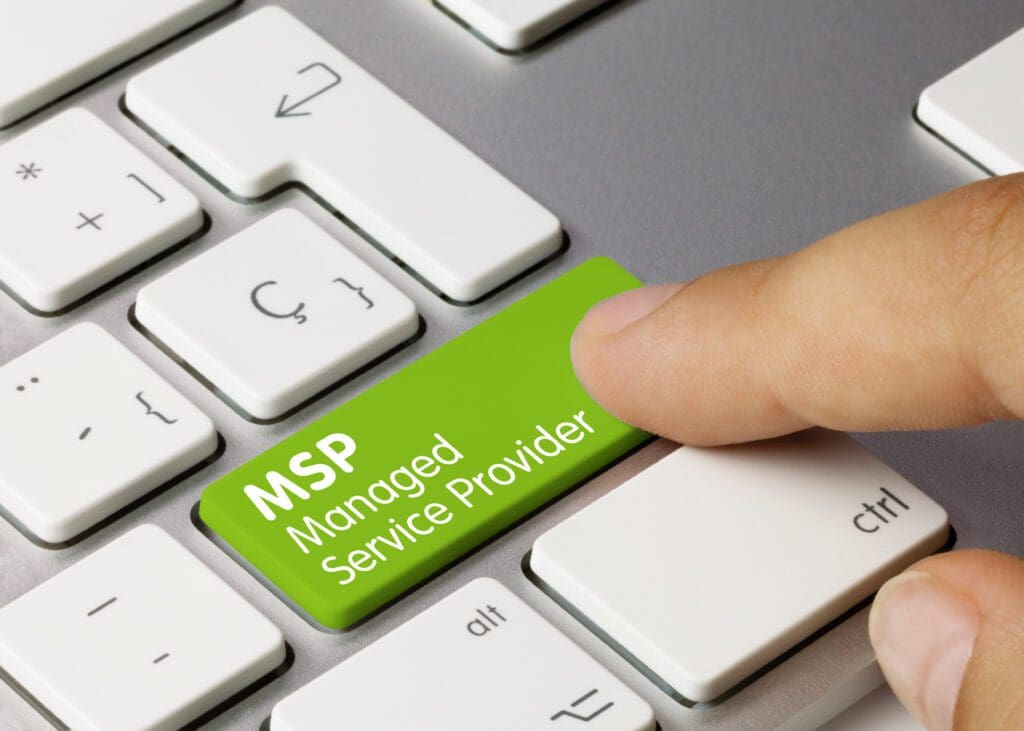The Ultimate Guide to Understanding MSPs

In today’s ever-evolving technological landscape, businesses are under constant pressure to stay ahead of the curve. To thrive in this digital age, organizations need to harness the power of technology and optimize their IT infrastructure. However, managing a complex array of IT systems, networks, and security measures can be a daunting task for any business, irrespective of its size or industry. This is where Managed Service Providers (MSPs) come into the picture.
What is an MSP?
At its core, an MSP, or Managed-Service Provider, is a specialized IT partner that offers a comprehensive range of technology services and solutions to businesses. Rather than relying on an in-house IT department or juggling multiple vendors, organizations can outsource their IT operations to an MSP. This strategic move allows businesses to focus on their core competencies while leaving the complexities of managing IT infrastructure in the hands of experts.
The Versatility of MSPs:
MSPs cater to a wide array of IT needs, offering services such as network management, data backup and recovery, cloud computing, cybersecurity, hardware and software procurement, and more. By leveraging the expertise of an MSP, businesses can benefit from a one-stop-shop approach to their IT requirements, eliminating the need to engage with multiple vendors and ensuring a streamlined and cohesive technology ecosystem.

Benefits of Partnering with an MSP:
Expertise and Support: MSPs, like DataTrends Technology, are staffed with highly skilled professionals who possess extensive knowledge and experience in diverse areas of IT. They stay up-to-date with the latest industry trends, emerging technologies, and best practices. By partnering with an MSP, businesses gain access to this expertise, ensuring their IT infrastructure remains secure, efficient, and optimized.
Cost Efficiency: Building and maintaining an in-house IT department can be a costly endeavor. MSPs offer flexible pricing models, allowing businesses to scale their IT services as per their needs. By outsourcing to an MSP, organizations can reduce their operational costs, eliminate the need for hardware and software investments, and access cutting-edge technologies without significant upfront expenses.
Proactive Monitoring and Maintenance: MSPs employ proactive monitoring tools and practices to detect and address potential IT issues before they impact business operations. This approach minimizes downtime, enhances productivity, and improves overall efficiency.
Focus on Core Business: By offloading IT responsibilities to an MSP, organizations can redirect their internal resources and focus on their core competencies. This not only enhances productivity but also enables businesses to stay agile and competitive in their respective markets.
In an era where technology is a driving force behind organizational success, MSPs have emerged as invaluable partners for businesses across industries. With their expertise, comprehensive services, and cost-efficient solutions, MSPs empower organizations to harness the full potential of technology while keeping pace with the rapidly changing IT landscape.
